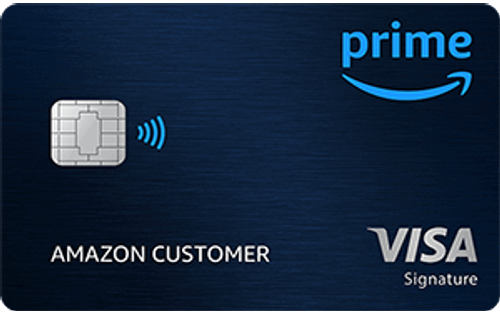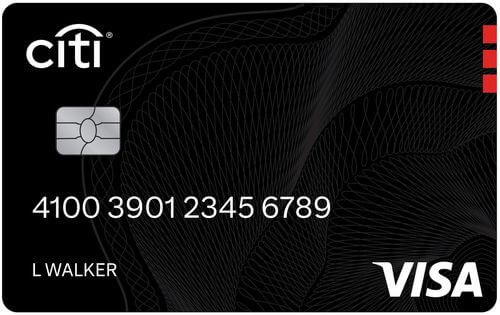Bogdan Roberts, Credit Cards Moderator
@bogdan_roberts
Store credit cards work like regular consumer credit cards, meaning you can make purchases on the card and then you can pay your balance off either in full, or over time. The difference is that with a store credit card, you’re typically limited to purchases within a certain store (online and in person) or multiple stores affiliated with a particular brand.
The exceptions are store cards that belong to a particular network, such as Visa or Mastercard. You’ll still be eligible for any in-store discounts when you use the card, plus you’ll have the flexibility of using the card anywhere the card’s network is accepted.
Store Credit Card Advantages:
- Easy approval: Store cards typically require at least fair credit, making it easy to qualify. Store credit cards belonging to a certain network might be harder to get because of their added spending power. Most of these store cards require at least good credit.
- Builds credit: A store credit card is just that, a credit card. Any activity on the card will be reported to the major credit bureaus. Just be careful not to overspend at your favorite store, or you may end up damaging the very credit you’re trying to establish.
- Rewards and benefits: You can receive generous discounts on in-store purchases just by applying. You’ll also receive other perks and benefits, such as free shipping, no-hassle returns and exchanges, online discounts, and more.
Store cards that can be used anywhere get to cash in all the store perks and may also earn rewards on purchases made outside of the store.
Make sure to assess how frequent you shop at the store, along with your spending habits, and current credit profile before you apply for a store card.
Store Credit Card Disadvantages
- The debt trap: Your favorite store credit card is not an invitation to overspend. Be careful with “exclusive” sales events. Your intent might be to save a few bucks on sale items, but oftentimes, the tendency is to spend more, thinking the savings will offset the cost of the additional purchases. The reality is you’ll likely end up with more debt than you’d originally planned.
- Low credit limits: Don’t expect to have much spending power with a store credit card, especially if this is your first credit account. With a couple of quick purchases, you’ll easily end up burning up most of your available credit.
That will push your credit utilization (or debt-to-credit ratio) to an unfavorable level. Try to maintain a ratio of less than 30%. The higher your utilization, the less likely you’ll be eligible for credit limit increases or additional credit accounts. - High interest rates: Store credit cards often charge significantly higher interest rates than regular credit cards. The average regular APR for store credit cards is 32.95%. If you carry a balance or are overextended on your store credit card, the debt will mount quickly.
As a result, interest will be calculated daily and will start accruing right after making a transaction. That interest is compounded, which means if you carry a balance, another wave of interest charges will pile on top of the interest accrued during the previous day.
Beware of any 0% financing promotions a store may offer when you make a large purchase on your store credit card. Hidden in that offer can be something known as deferred interest, and it’s standard practice on most store credit cards. You charge a specific amount on your store credit card, and you’ll receive 0% interest if you pay off the balance in full in a specified number of months.
The problem is, you’re not really getting 0% interest in the traditional sense. That interest is “deferred”, meaning the only way you’ll get the 0% rate is if you pay the balance in full before the end of the promotion. However, if you have any balance left after the promotion expires, you will have to pay the regular interest charges for the entire purchase amount. So, if you’re in the market for a credit card with good financing options, it’s better to steer clear of store credit cards with deferred interest and opt for a credit card with a true 0% introductory APR offer.

People also ask
Did we answer your question?
Important Disclosures
Ad Disclosure: Certain offers that appear on this site originate from paying advertisers. For full transparency, here is a list of our current advertisers.
Advertisers compensate WalletHub when you click on a link, or your application is approved, or your account is opened. Advertising impacts how and where offers appear on this site (including, for example, the order in which they appear and their prevalence). At WalletHub we try to present a wide array of offers, but our offers do not represent all financial services companies or products.
Advertising enables WalletHub to provide you proprietary tools, services, and content at no charge. Advertising does not impact WalletHub's editorial content including our best picks, reviews, ratings and opinions. Those are completely independent and not provided, commissioned, or endorsed by any company, as our editors follow a strict editorial policy.

